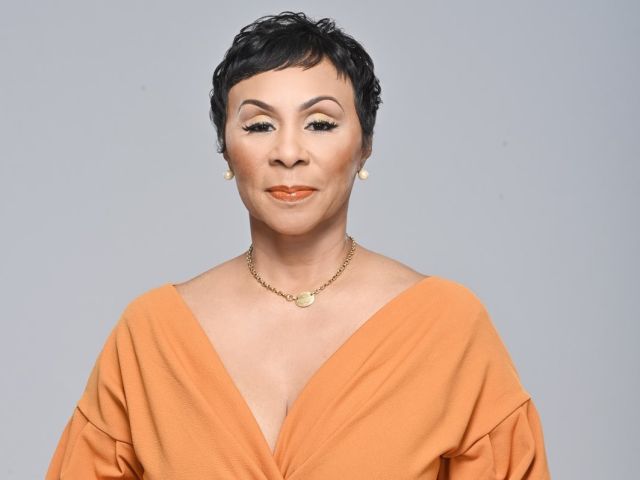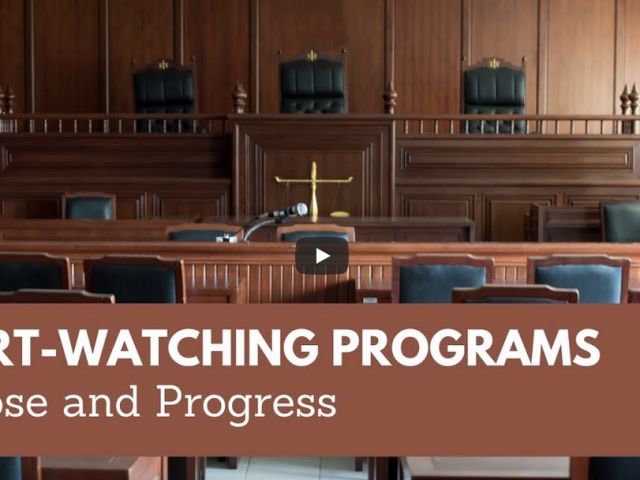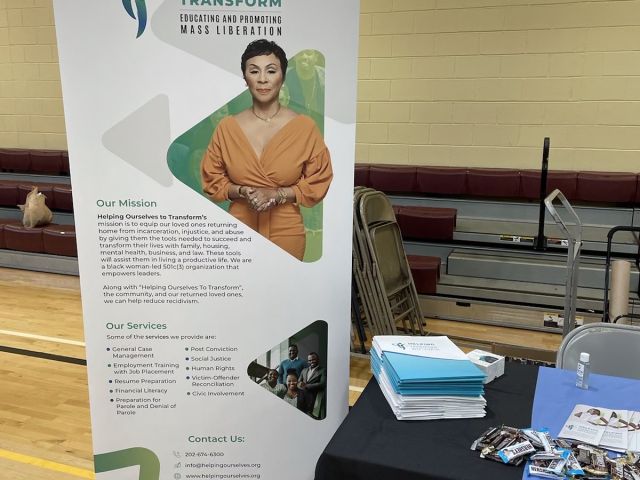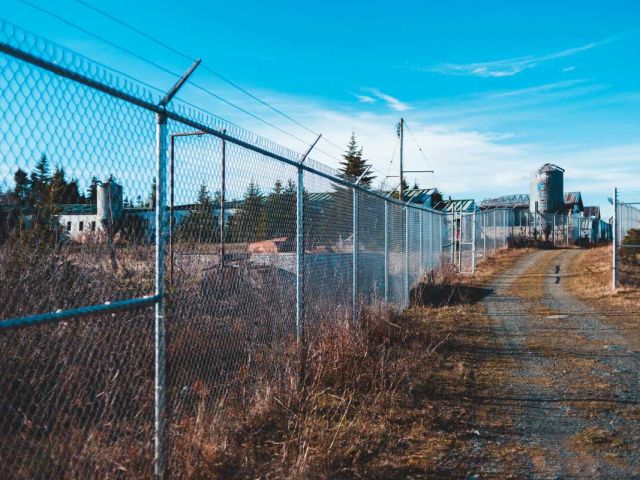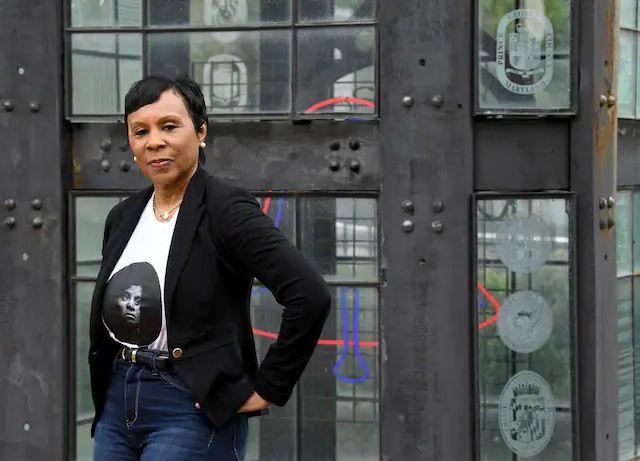As Black Business Month wraps up, we proudly shine a spotlight on justice-impacted women entrepreneurs who are defying the odds and changing the narrative.
In the U.S., court hearings are generally public. This was intended to ensure that justice was administered in the open…
Chopping it up with Chairman Blumberg and his commissioners today at the parole commission in a 2-hour meeting – trying to free our people through parole.
For the past two years, pop singer Fiona Apple has volunteered with Courtwatch PG, the largest court watch program in the country, to observe legal proceedings in Prince George’s County, Maryland, from her home in Los Angeles.
In a 20-page report released this week, Howard University law students urged Md. lawmakers to pass a law that would mandate public virtual access to court proceedings
A group of volunteer court observers across the country is coming together to launch a new national network to observe bail review hearings and other legal proceedings. Join Courtwatch PG director Carmen Johnson and Grammy-winning artist Fiona Apple, a volunteer court observer in Prince George’s County, Md., to discuss their push for more transparency and accountability in courtrooms nationwide.
A private prison in Arizona recently sued the state for having a lack of prisoners. For the sake of saving over $16 million in back pay, the state settled by paying the private prison $3 million. Arizona essentially paid a company $3 million because not enough people are committing crimes.
From her makeshift home office on the island in her kitchen, Carmen Johnson picked up her phone and dialed the number for the clerk of the court, beginning what had become her near-daily ritual since the pandemic upended the legal system and forced courts to go virtual.


